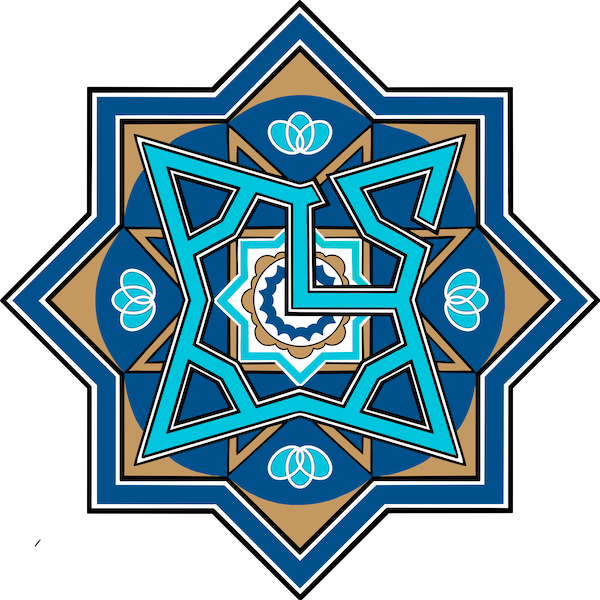Roundtable
Recent scholarship on Arab/Arab American activism, in addition to undocumented vast experiences of immigrant activists, established the roots and span of collective advocacy by the Syrian and Lebanese pioneers and their descendants. Impending scholarship attempts to bridge newly excavated legacy of advocacy with the seminal contributions of activists and scholars who were animated into action under a reality wrought by the arrival of a new batch of Arab immigrants and loss of what remained of Palestine in 1967. A history of distinguished advocacy by early organizations from the turn of the twentieth century is emerging, that complements stock knowledge on the activities of the Association of Arab American University Graduates along with a wider circle of activists. I invite scholars and Arab American activists to join a roundtable for a conversation on the internal and external motivations behind Arab American civic and political involvement past and present.
Once dominated by the aftermath of 1967, the scholarship is now reconciling advocacy and Arab American collective action with development in the Near East since the start of immigration. Questions remain that may determine the future of the scholarship, as well as the state of affairs of existing Arab American organizations. For example: If the urgency generated by the Palestinian issue served as the impetus for AAUG and ACCESS, according the founders of this largest social services organization, what, if any, has been the effect of the failed peace process? What structural and social forces differentiate the activities of New Syria Party (1927) and the Arab National League (1939) from those of the AAUG? What became of the radical and/or progressive agendas that once pervaded the Arab immigrants’ quest for inclusion and fairplay? What are the new impetuses for collective action? Has intra group coherence decline or increase amid impending calamities and changes in the Near East? When did advocating for Arab grievances in the U.S. become a radical activity? How and when did political moderation the pursuit of social safety nets, if these exist, become a priority for key activists? When did responding to political events solidify Arab American action and when did these responses hinder it?
People interested in participating should contact Hani J. Bawardi, PhD at bawardi@umich.edu.
